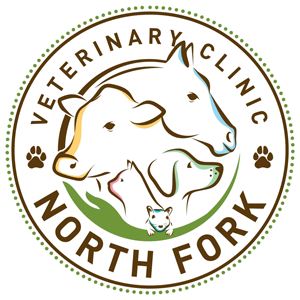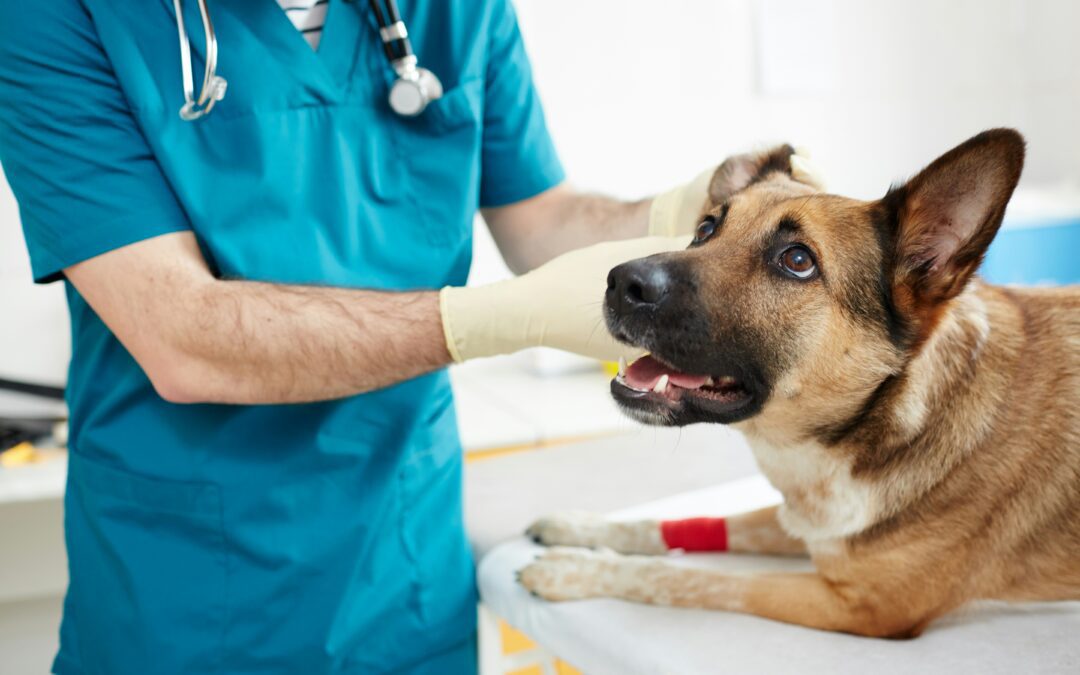When it comes to the health and well-being of your animals, establishing a solid partnership with your veterinarian is essential. In Pennsylvania, as in many other states, this partnership is formalized through what is known as a Veterinarian-Client-Patient Relationship (VCPR). Understanding why a VCPR matters and how to create and maintain one is crucial for every pet owner, livestock caretaker, and equestrian.
What is a VCPR?
A VCPR is a legal and professional relationship between a veterinarian, the client (you), and your animal(s). It serves as the foundation for providing veterinary care, including diagnosis, treatment, and prescriptions. Without a valid VCPR, veterinarians are limited in the care they can provide to your animals, particularly when it comes to prescribing medications or offering medical advice.
In Pennsylvania, a VCPR requires:
- In-Person Examination: The veterinarian must perform a physical examination of the animal(s) or make medically appropriate and timely visits to the location where the animals are kept.
- Ongoing Oversight: The veterinarian is expected to provide follow-up care or consultation as needed to monitor the health of the animal(s).
- Direct Communication: The client must agree to follow the veterinarian’s recommendations and communicate any changes in the animal’s condition.
Why is a VCPR Important?
- Quality of Care: A VCPR ensures that your veterinarian has firsthand knowledge of your animal’s health, environment, and history. This allows them to make informed decisions tailored to your animal’s needs.
- Legal Requirement: In Pennsylvania, veterinarians cannot diagnose, treat, or prescribe medications for an animal without an established VCPR. This is especially important for controlled substances and other regulated treatments.
- Continuity of Care: A VCPR creates a structured relationship where your veterinarian can provide consistent and effective care. This continuity is invaluable in managing chronic conditions, vaccinations, or emergencies.
- Animal Welfare: A strong VCPR ensures your animals receive the care they need to live healthy, comfortable lives, whether they are pets, working animals, or livestock.

How to Establish a VCPR in Pennsylvania
Creating a VCPR is straightforward but requires intentional action:
- Schedule a Physical Exam: Reach out to a licensed veterinarian and schedule an in-person visit. This initial exam allows the veterinarian to assess your animal’s health, behavior, and environment.
- Provide Detailed Information: Share your animal’s medical history, diet, and any concerns you have. The more information you provide, the better the veterinarian can tailor their care.
- Commit to Follow-Up: Agree to regular check-ups and updates. This is especially important for animals with ongoing health issues or for livestock that require herd health management.
- Discuss Emergency Plans: Work with your veterinarian to develop a plan for handling emergencies, including contact protocols and after-hours care options.
How to Maintain a VCPR
Maintaining a VCPR is just as important as establishing it. Here’s how:
- Regular Visits: Schedule regular check-ups to keep your veterinarian informed about your animal’s health. Annual exams are standard for pets, while livestock may require more frequent visits depending on herd health plans.
- Open Communication: Keep your veterinarian updated on any changes in your animal’s behavior, appetite, or overall condition. Timely communication can prevent small issues from becoming major problems.
- Follow Recommendations: Adhere to your veterinarian’s treatment plans, vaccination schedules, and preventative care measures.
- Stay Informed: Educate yourself about your animal’s specific needs and ask questions during visits to ensure you understand their care.
Conclusion
A VCPR is more than a legal requirement—it’s a cornerstone of excellent veterinary care. In Pennsylvania, establishing and maintaining this relationship ensures your animals receive the best possible care while keeping you compliant with state laws. By scheduling regular visits, fostering open communication, and working closely with your veterinarian, you can create a partnership that supports the health and happiness of your animals for years to come.
Whether you’re a pet owner, horse enthusiast, or livestock caretaker, now is the time to build or strengthen your VCPR. Schedule an appointment with your veterinarian today to take the first step toward ensuring the well-being of your animals.

